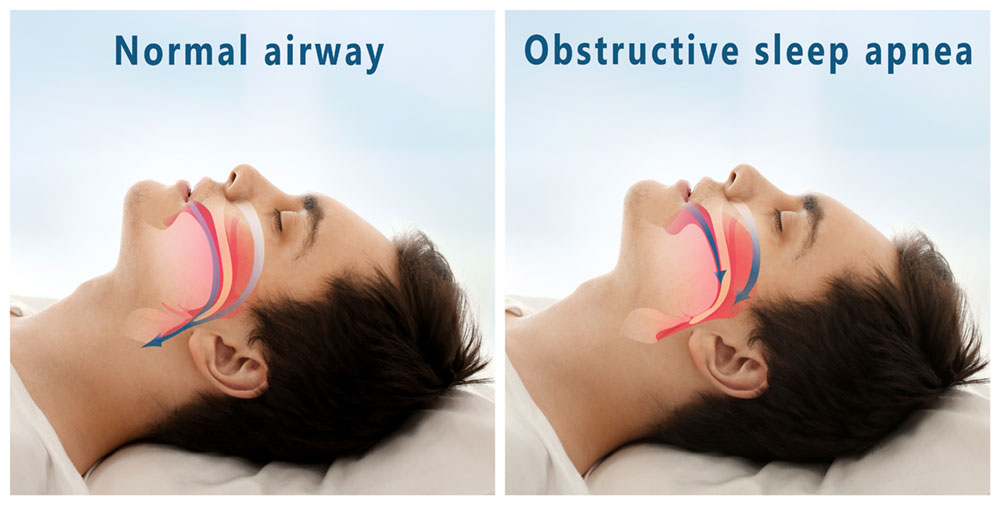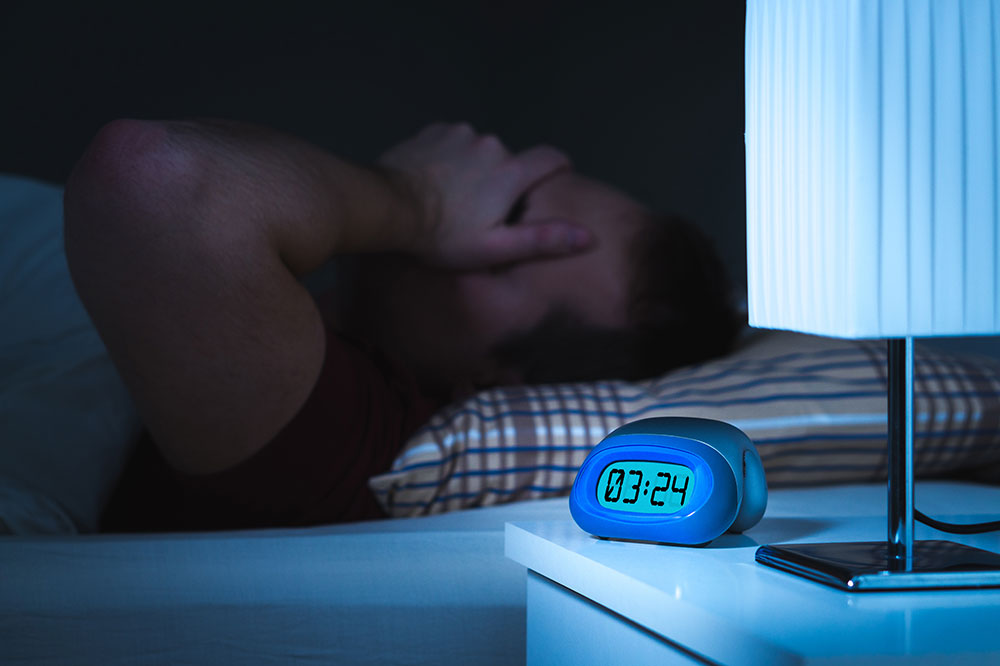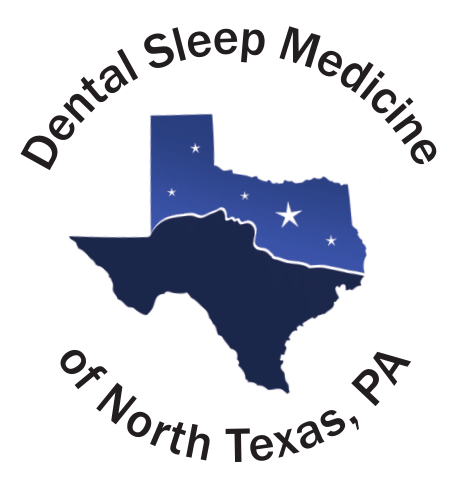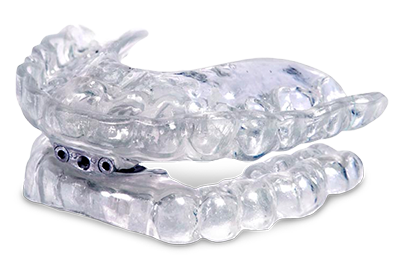Get The Sleep You Need

Are you or your partner struggling with disruptive snoring and poor sleep quality? Heavy snoring is a common symptom of sleep apnea, but not all snorers suffer from this sleep disorder. However, chronic snoring can have negative impacts on your overall health and well-being.
Our Waxahachie, TX, sleep dentist, Dr. Scott Clinton, offers effective solutions for both snoring and obstructive sleep apnea (OSA). Say goodbye to restless nights and hello to rejuvenating sleep by calling our Waxahachie dental office at (972) 737-5337 to schedule an appointment today.
What Is Snoring?
Snoring is a condition where a person makes loud, vibrating sounds while breathing during sleep. It occurs when the airway narrows or becomes partially blocked, causing the tissues in the throat to vibrate as air passes through.
Snoring can disrupt sleep and lead to daytime fatigue, irritability, and other health problems. It can also be a sign of a more serious sleep disorder called obstructive sleep apnea.

How Snoring Affects Your Partner and Relationships

Loud snoring can be a significant disturbance for your spouse or sleeping partner, often interfering with their ability to get a good night’s sleep. This can lead to tension and conflict in relationships, as well as potential issues like anxiety, depression, weight gain, and interpersonal conflicts.
What Is Obstructive Sleep Apnea (OSA)?
Obstructive sleep apnea (OSA) is a serious medical condition where the throat muscles relax and allow soft tissue to fall back into the airway, creating a blockage. This causes patients to stop breathing dozens of times each night while they sleep, leading to disrupted sleep and oxygen deprivation.
According to the National Sleep Foundation, about half of heavy snorers also suffer from obstructive sleep apnea. Common symptoms of sleep apnea include:
- Feeling excessively tired and irritable during the day
- Making loud gasping or choking noises while sleeping
- Waking up with a dry mouth or sore throat
- Decreased libido
- Restless sleep and insomnia

Potential Health Risks of Sleep Apnea

Sleep apnea can have a devastating impact on your health, increasing your risk of stroke, hypertension, diabetes, and other serious conditions. If you or your partner experience heavy snoring, it’s crucial to identify if it’s a symptom of an underlying sleep disorder like OSA.
The Importance of Sleep Studies
While snoring may seem harmless to some, it can signify a more serious condition, like sleep apnea. If left untreated, sleep apnea can lead to high blood pressure, stroke, heart failure, and other life-threatening complications.
Undergoing a sleep study is highly recommended if you or a loved one snores regularly. A sleep study involves monitoring your body’s functions while you sleep, such as brain waves, heart rate, breathing, and oxygen levels. Based on the results, your Waxahachie sleep dentist can recommend appropriate treatments to improve your sleep quality and overall health.

Effective Solutions for Snoring and Sleep Apnea
There are plenty of effective solutions to alleviate your snoring and sleep apnea, including:
- Oral Appliance Therapy: A snore guard or mandibular advancement device is an effective oral appliance designed to keep your airway open during sleep. These custom-fitted devices work by repositioning the jaw or tongue to prevent airway obstruction, allowing for uninterrupted breathing and quieter sleep.
- Continuous Positive Airway Pressure (CPAP) Therapy: For patients with moderate to severe sleep apnea, CPAP therapy may be recommended. This treatment involves wearing a mask connected to a machine that delivers a steady stream of air, keeping the airway open throughout the night.
- Lifestyle Modifications: In some cases, making lifestyle changes can help reduce snoring and improve sleep quality. These may include maintaining a healthy weight, avoiding alcohol and sedatives before bed, treating allergies, and practicing good sleep hygiene.
Frequently Asked Questions
Are there any natural remedies for snoring?
While there are various natural remedies that may help reduce snoring, such as sleeping on your side, using nasal strips, or avoiding alcohol before bed, an oral appliance is often the most effective and reliable solution for long-term relief.
When should I seek treatment for sleep apnea?
If you or your partner experience loud, chronic snoring accompanied by daytime fatigue, gasping during sleep, or other concerning symptoms, it’s essential to seek medical attention. Early diagnosis and treatment of sleep apnea can prevent serious health complications.
It’s important to get a proper diagnosis and seek treatment as soon as possible to prevent other health risks.
Can certain foods or drinks worsen snoring?
Yes, certain foods and beverages can contribute to snoring by relaxing the throat muscles or causing nasal congestion. It’s generally recommended to avoid heavy, fatty meals, alcohol, caffeine, and dairy products close to bedtime.
How can I improve my sleep quality if I'm a snorer?
In addition to seeking treatment for snoring or sleep apnea, practicing good sleep hygiene can help improve your sleep quality. This includes maintaining a consistent sleep schedule, creating a relaxing sleep environment, and avoiding screen time before bed.
Restore Restful Nights in Waxahachie
If snoring is disrupting your sleep and overall well-being, it’s time to take action. Contact our Waxahachie office at (972) 737-5337 to schedule a consultation with Dr. Clinton. He’ll be happy to discuss your snoring treatment options and help you achieve the restful, rejuvenating sleep you deserve.
We proudly serve patients in the South Dallas area, including Red Oak, Midlothian, Maypearl, and Ennis, TX. Book your appointment today and start your journey to better sleep.

